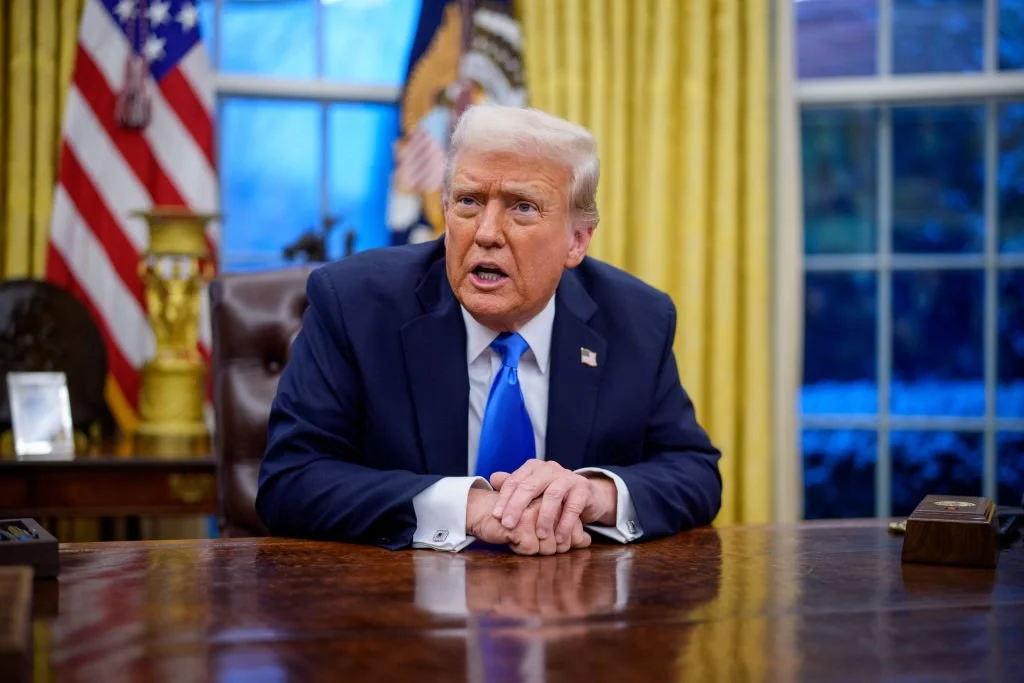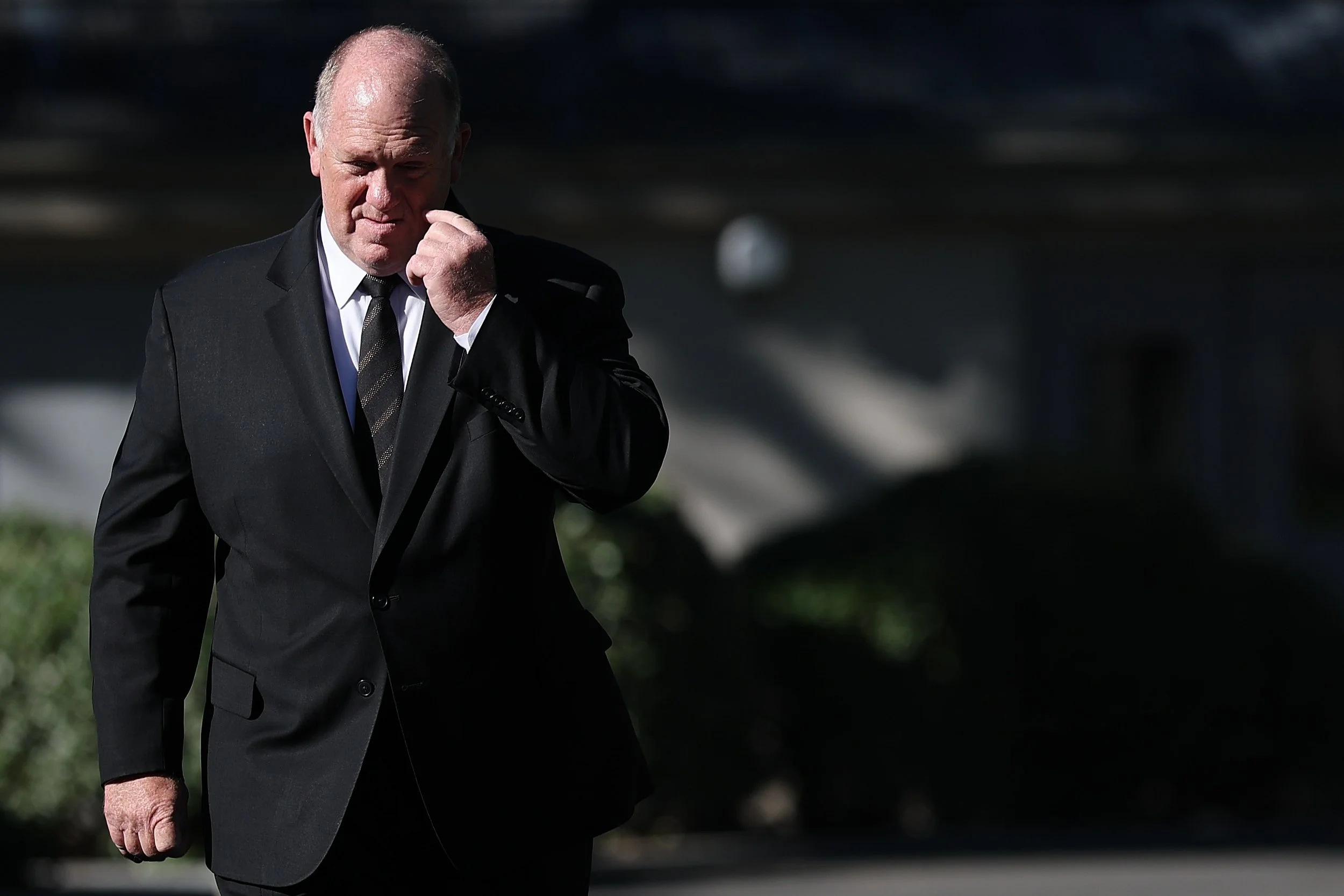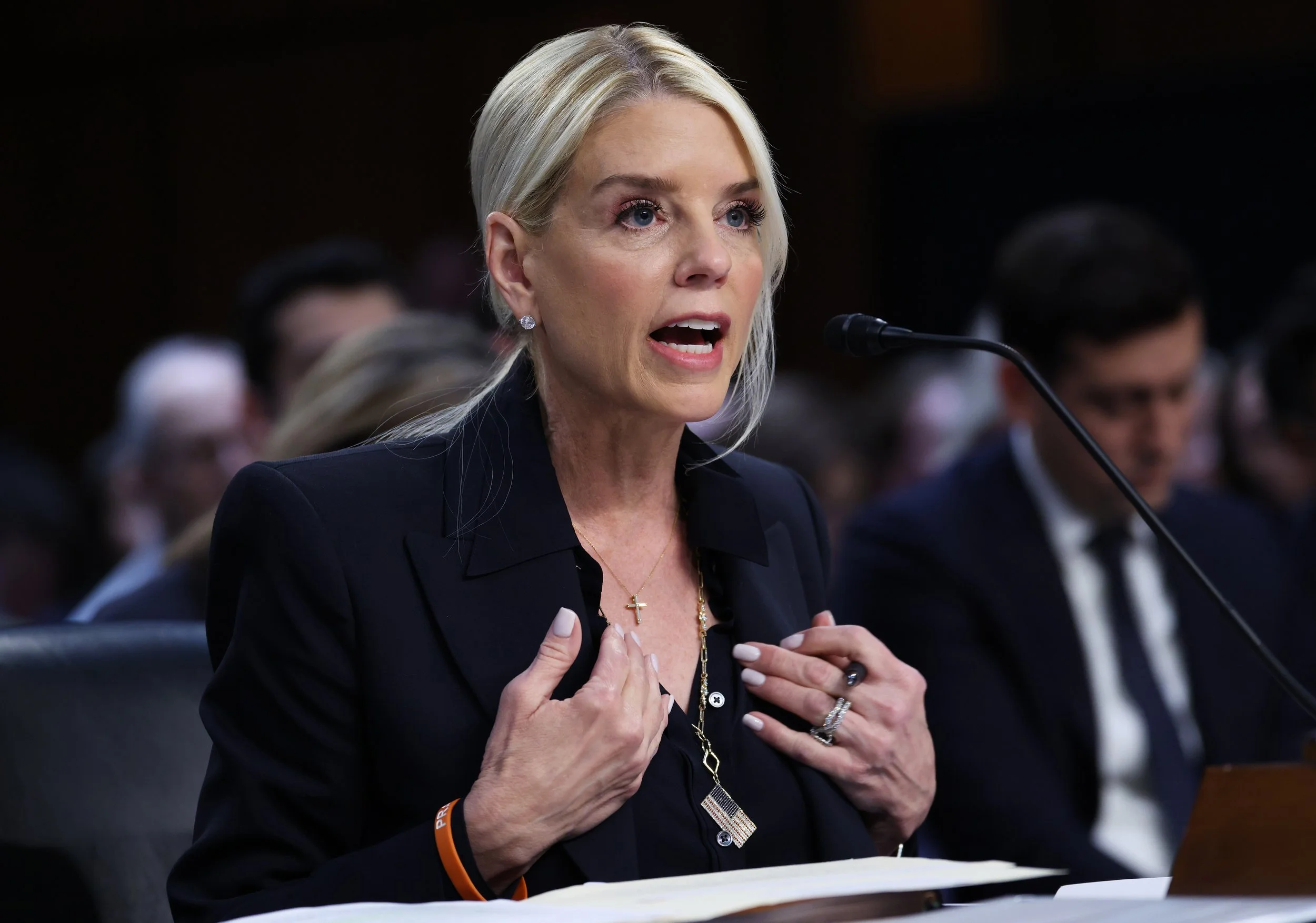Supreme Court Wraps Term With High-Stakes Case On Executive Power
Arguments took place in the last case of the Supreme Court term today. It could have massive impacts on how Trump and future presidents implement their policy agenda.
The case centers on whether lower courts overstepped their authority by blocking enforcement of Trump’s birthright citizenship executive order, which the lower courts deemed unconstitutional. This case will not decide whether the birthright citizenship ban — which three lower courts blocked — is constitutional, but whether it and other executive orders can go into effect while litigation plays out.
INSIDE THE ARGUMENTS
Justice Sonia Sotomayor challenged Solicitor General D. John Sauer Thursday over the legality of Trump’s birthright order — which she said appears to violate four Supreme Court precedents.
At the center of the arguments is the use of nationwide injunctions, which allow lower court judges to block a law or policy from taking effect nationwide, even for those not involved in a lawsuit.
Arguing on behalf of the Trump administration, Sauer said Article III of the Constitution, which ensures the separation of powers between the branches of government, prohibits the courts from issuing nationwide injunctions.
"The practical problem is that there are 680 district court judges, and they are dedicated and they are scholarly, and I'm not impugning their motives in any way," Conservative Justice Samuel Alito said. "But you know, sometimes they're wrong, and all Article III judges are vulnerable to an occupational disease, which is the disease of thinking that I am right and I can do whatever I want," he added.
It’s both the left & right: During arguments, liberal Justice Sotomayor posed a hypothetical: if a president ordered the military to seize all guns to curb gun violence (gun control being a popular policies with liberals, but not so much with conservatives), would courts have to “sit back and wait” until individual lawsuits came to the court?
Sauer suggested emergency class actions could apply, a fast-tracked legal procedure in which a court formally recognizes a group of people (a “class”) as plaintiffs in a lawsuit.
THE PUSH TO PAUSE
Sauer noted that under recent administrations, judges have increasingly used nationwide injunctions to block presidents’ moves and that they’re usually exercised by judges of the opposite political party from the president. Universal injunctions came into prominence during the Obama and Trump administrations, when federal judges used them to halt significant policies, especially immigration laws.
Sauer said so far there have been 40 such injunctions against the Trump administration this term.
It should be noted, President Trump has also issued an unprecedented number of executive actions during that time, leading to most of the injunctions.
BACK TO BIRTHRIGHT
The 6–3 conservative majority on the Court often hinges on swing votes like Justices Coney Barrett, Kavanaugh, and Roberts. Justices Kavanaugh and Roberts appeared to agree with arguments that narrower legal tools could be used instead to challenge the policy. If it goes that way, the question remains what will happen to the birthright citizenship executive order.
Kavanaugh pressed Sauer on what could happen to newborns — about 255,000 who benefit from birthright citizenship each year — if the order takes effect. Sauer said agencies were blocked from drafting guidance for hospitals and states on what to do with these babies, but said that if the ban on the order were lifted, federal agencies would have 30 days before the order takes effect to figure out how hospitals should treat these babies.
Under the 14th Amendment, ratified in 1868, “all persons born or naturalized in the United States, and subject to the jurisdiction thereof, are citizens of the United States.”
Sauer argued that the broader issue is what he sees as the overuse of universal injunctions, which he claims bypass proper legal procedures.
The case could reshape the balance of power between the executive branch and judiciary. Even if Trump loses on the birthright citizenship injunctions, a ruling limiting nationwide injunctions could help his administration push other executive policies past lower court blocks.
THAT’S A WRAP
Up next, the Court will now issue written decisions on the cases it heard this term. We’ll be waiting for opinions on bans on transgender care for teens, online porn age verification, and public funding for religious schools. Those controversial cases tend to come out near the end of the Court's term (late June/early July).
















